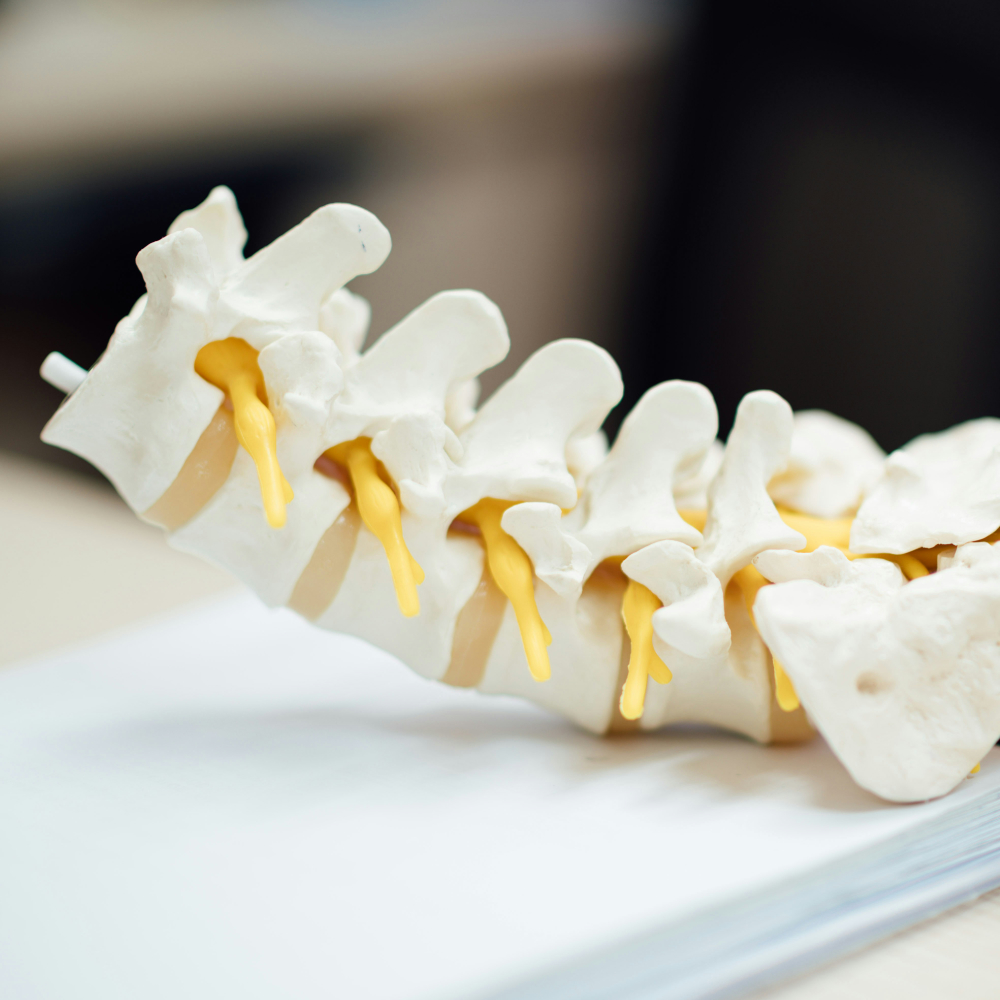At VP Health in Lethbridge, Alberta, we specialize in expert pelvic floor physiotherapy designed to help individuals of all genders restore strength, function, and comfort in the pelvic region. Our experienced physiotherapists provide personalized, evidence-based care for a wide range of concerns including postpartum recovery, pelvic pain, incontinence, and other pelvic floor dysfunctions. Pelvic floor physiotherapy focuses on rehabilitating the muscles, ligaments, and connective tissues that support vital pelvic organs such as the bladder, rectum, uterus, and prostate, while also enhancing core stability, continence, and sexual health. Suitable for people of all ages and genders, our tailored treatments empower you to regain control and improve your quality of life.
Treatment is personalized and may include exercises, relaxation strategies, manual therapy, and lifestyle modifications to improve muscle coordination and function.
What Conditions Can Pelvic Floor Physiotherapy Help With?
- Urinary incontinence (stress, urge, and mixed)
- Pelvic organ prolapse symptoms
- Postpartum pelvic pain and weakness
- Endometriosis-related pelvic pain
- Diastasis recti (abdominal separation)
- Post-prostatectomy incontinence or pelvic pain
- Constipation and bowel dysfunction
- Painful intercourse (dyspareunia)
- Pelvic floor tension or dysfunction during pregnancy
Benefits of Pelvic Floor Physiotherapy
- Improved bladder and bowel control
- Reduced pelvic pain and discomfort
- Better preparation for labor and delivery
- Enhanced postpartum recovery
- Increased sexual function and reduced pain during intimacy
- Improved quality of life and daily function
Our clinic proudly serves Lethbridge and the surrounding Southern Alberta communities, including Raymond and Cardston. Treatment is personalized and may include therapeutic exercises, manual therapy, lifestyle education, and muscle coordination strategies. We're here to support you at every stage of life — from pregnancy and postpartum through aging and post-surgery rehabilitation.











